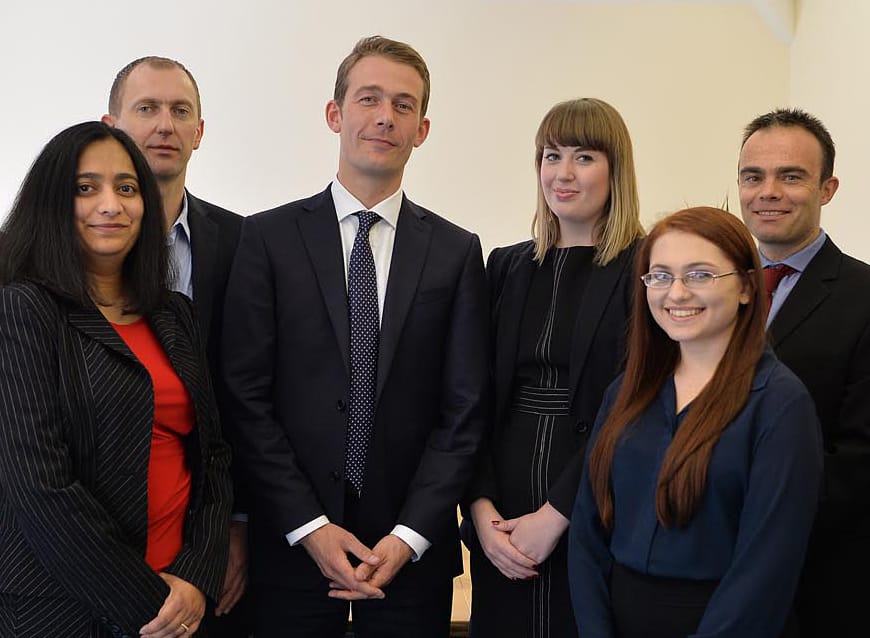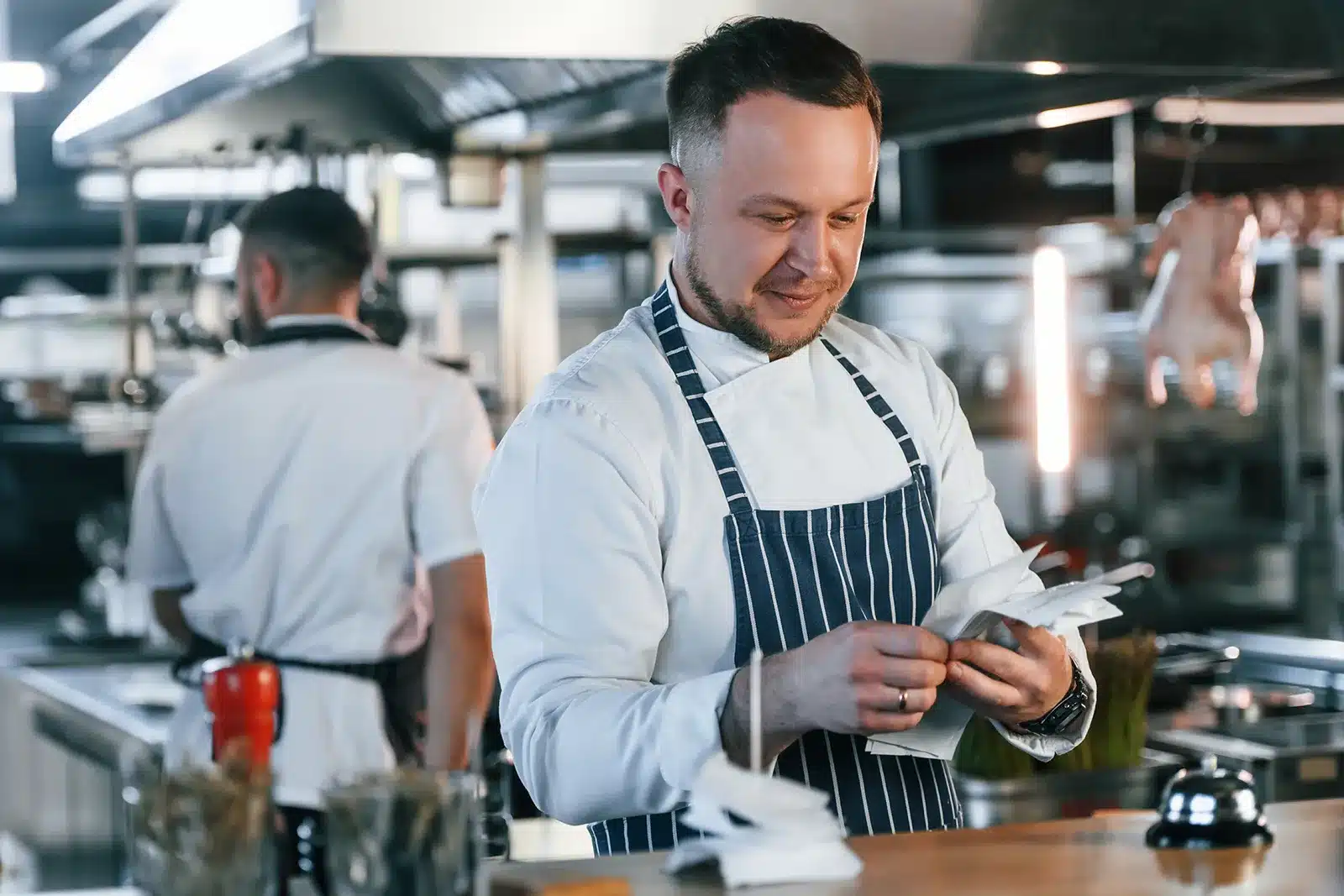“How dare you!’”, we hear you cry. Well the title to this article is a little provocative, perhaps. We mean no offence. After all, you are the client (or perhaps a prospective client) and you should be treated with respect – as you will be.
From our experience we like to think that the key to a good outcome of your legal conundrum is that, you – the client – and the solicitor whom you instruct, enjoy a great interactive relationship throughout the duration of the case. In our experience, the better the relationship between solicitor and client, the better the outcome for the client.
Of course, you can expect high standards and performance from us – that has to be a given. However, if you are able to take an interactive role in the relationship with your solicitor, then hopefully, you are onto a winner.
As a client, the basic minimum standards that you can expect from us lawyers are formally outlined on our regulator’s website – the Solicitors Regulation Authority. The points outlined there define what to expect from your solicitor. However, let’s get a bit less formal and also look at how we at Truth Legal can go above and beyond your expectations. Then, we’ll look at how you can play an important role in the success of your own case.
We think that if you instruct Truth Legal, you should expect that we will:
- At the outset, let you know whether your particular legal problem that needs solving is one that we have the expertise to deal with. Massively important, but we hear that some lawyers are so keen to get all prospective clients on board, that they will take on matters where they might not possess the necessary expertise. In doing so they are in effect saying that they will muddle through or learn on the job. Not good enough. If we don’t have the particular expertise to deal with your problem, we will say so. We might be able to point you in the right direction of someone who does, but we won’t pretend to be ‘jacks of all trade.’ We are not. We are really good at what we do (and our website outlines our areas of expertise) but we won’t take your claim on if it’s an area of law that we do not cover.
- We’ll not only keep you advised from the outset, throughout and at the end of the case, of our charges, but we’ll also at the outset explore whether there are any funding options available to you, in particular whether we can pursue the claim for you by way of a Conditional Fee Agreement (commonly referred to as No Win, No Fee).
- We’ll take really good and detailed instructions from you at the outset so that we know everything we need to know about your legal problem, and we’ll also say how we intend to produce a positive outcome for you.
- We’ll keep up regular communication with you by means of your preferred mode of communicating e.g email, telephone, text, in person etc.
- We’ll be polite and courteous to you in all our dealings with you.
- We will ensure that you know at all times who the lawyer dealing with your claim is. At Truth Legal all our lawyers have to be proficient in their own chosen areas of expertise. If we tell you that your claim will be handled by our founder and Managing Director, Andrew Gray you can rest assured it will be dealt with by him. If any part of the work on your matter is going to be dealt with by someone else, such as our Head of Personal Injury, Helen Beaumont or our Head of Employment Law, Navya Shekhar, we’ll let you know by whom that particular piece of work is being done by. Most importantly, if that person is someone more junior than, for instance, Andrew, Helen or Navya, for that part of the work, the charging rate we apply, will be reduced accordingly. That applies whether we are going to recover your fees from the other party or whether you are a private paying client who will be meeting our fees yourself. Transparency is everything.
- We’ll attend to dealing with your matter promptly at all stages. Sometimes we are bound by the restrictions of, for example, court timetables, over which we have no control, but if there is something that needs doing by us it will be done promptly as the need arises. There will not be matters dealt with that could have been progressed months ago, but that we just didn’t get around to dealing with!
- We’ll listen to your feedback and act on it.
- We won’t talk to you in legal ‘mumbo jumbo.’ There’s nothing worse than a pompous solicitor trying to blind you with Latin phrases and technical jargon. There’s nothing wrong with plain English and in fact everything right with it. That’s the language we will talk with you in.
Ok. So that’s our side of how we provide a great service to you. The title to this article though (lest we all forget) was ‘How to be a good solicitor’s client.’ So, what’s this all about then?
One of our colleagues recalls that many years ago, whilst he was a solicitor working for another firm, he received instructions to act on behalf of a chap who had suffered fairly minor injuries in a road traffic accident. The client was a policeman by profession. He wanted to pursue a claim for compensation. Apparently, the new client’s first words were:
“I am the client, you are my solicitor. You will do as I tell you!”
Hmm. Not the friendliest of introductions. Our colleague says that this was over 20 years ago. That the remark has stayed with him all this time, despite him having acted for many thousands of clients in the intervening period, tells its own story.
We are not using this example to be so patronising as to say, “You Mr/Mrs/Miss client must be flatteringly kind and courteous to us at all times”, (although we do draw a line at being on the receiving end of abusive or using offensive language against us, but then that’s taken as read – from both sides). We, as lawyers, are trained to be both empathetic to your needs and to have fairly thick skins. We know that when you are coming to us to have a legal problem solved, it is often the case that you are going through a dreadful time in your life. We will not take offence if you are upset, angry or frustrated. It’s our job to try and reassure you that we understand your situation and will work to try and ensure the matter is resolved as quickly, efficiently and effectively as possible.
No, we use the example of our less-than-friendly-policeman client above, to illustrate the most important point that we want to make in this article: namely that a solicitor/client relationship is just that – it’s a relationship.
On the other side of the scale to the policeman chap above, we do get clients sometimes who seem to be in awe of us and don’t feel that they should have any input or don’t want to bother us, because they feel we are too busy or too important. Far from that being the case, we DO want input (and please don’t be in awe of us. We are just ordinary human beings!).
So, here’s how we think you can be a good client:
- Before you become a client, do carry out some research on us and yes – we will say it – carry out research on other firms too. We can’t vouch for other solicitor’s websites, but ours at Truth Legal is a mine of information. It has profiles of everyone who works for us, outlines in some detail all our areas of expertise, has a great and growing library of useful documents that may help you, a blogs section with lots of useful articles and even an e-book that you can download, ‘The Ultimate Compensation Guide’ If you like what you see and we cover your area of expertise, then do call us or email us. We’d love to have you as our client.
- Check out our Trust Pilot reviews (here), comparing them with reviews for other firms.
- Then prior to your call or email, it’s worth taking some time to ensure that you have all your facts and information to hand. So, for instance if you are calling us about a personal injury compensation claim, a medical negligence compensation claim or an asbestos disease compensation claim, you might want to have jotted down a timeline as to where and when things happened. There’s no need to prepare a full-blown statement (we’ll sort that out for you at the relevant stage). Just get together all the relevant facts so that when we speak to each other, we can get a reasonable picture of the situation. Don’t worry if you DO forget something that’s relevant. We’ll jog your memory.
- When we have that first call (or meeting – you are more than welcome to come into our offices, or perhaps we can come to you), please DO ask us loads of questions about anything that’s on your mind – about the way we work, who will be dealing with your case (if it isn’t the person that you speak to first), how long it might take to get a resolution, what the percentage chance is of your winning your case or of us getting a good result for you. Anything that you want to know about us, or how your case will be dealt with, please ask. Making a list of questions you want to ask before you come to see us will ensure that you don’t walk out of the offices thinking, “I wish I’d asked that.”
- During the lifetime of us handling your claim, do not be afraid to contact us to find out what is happening. You might not have expected us to say that. Instead you might have thought we would say, as some other firms do, ‘Please don’t call us unless absolutely necessary’ or ‘only please call between the hours of 10am and 4pm.’ You won’t get that from us. If you feel the need to call us to find out what’s happening with your matter, then we aren’t doing our job properly or haven’t explained enough the first time round, where the case was up to, what we were doing to progress the case and what and when the next step would be. We back ourselves to keep you updated with all that information and we will. So, if you need to call us it’s probably going to be because you have some new information for us, are updating us with how you are progressing (if you suffered injury and we are making a personal injury compensation claim for you, for example.) So, don’t be afraid to call.
- If we make appointments for you to visit a medical or other expert, please do confirm with us and the expert that you can attend, or if the date is not suitable, arrange for another appointment. Sometimes such appointments can be some months ahead. If you fail to attend an appointment and a new one has to be made, then it can delay your case considerably and you might have to pay any fees where you don’t keep the appointment without prior notification.
- Keep receipts for any expenditure that you might have in relation to your case or that you might incur during the lifetime of your case, particularly if you are making a claim against someone else. Use the care and assistance form and the losses form in our Legal Library to record this important information.
- Don’t judge your own claim alongside others. Particularly, don’t judge your own claim by what you might read in the press or what the man or woman in the pub says. Example – you might read in the newspaper that someone who injured their neck in a car accident, received £900,000 in compensation. What the newspaper article won’t say is that that was for a neck injury associated with paraplegia, not a whiplash with symptoms of one-year discomfort. We will make reasoned legal assessments of how much your claim is worth at the appropriate time and if necessary we’ll back this up with an expert barrister’s opinion based on the circumstances of your case. By all means ask how your compensation claim is valued.
- Finally, if at any stage you are unhappy with something that you think we have or haven’t done, then talk to us about it. It might just be a simple misunderstanding and that there was nothing to worry about. Alternatively, if despite our best endeavours we have not let you know something that we should have or are otherwise in error, we’ll hold our hands up, say ‘sorry’ and rectify the situation. Honesty, openness and the ability to say ‘sorry’ we think, is key to a good relationship – in all walks of life!
Further Reading
From one of the UK’s most read legal blogs.












